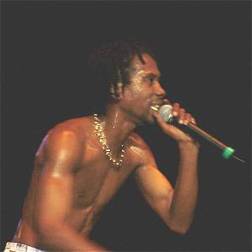Crop Over is finished for 2022.
Here is my personal highlight:
the Barbados National Youth Steel Orchestra, led by Lowrey Worrell doing my arrangement of an Alison Hinds medley sung by Ambassador Alison Hinds herself.
Here is to a great Crop Over 2023.








